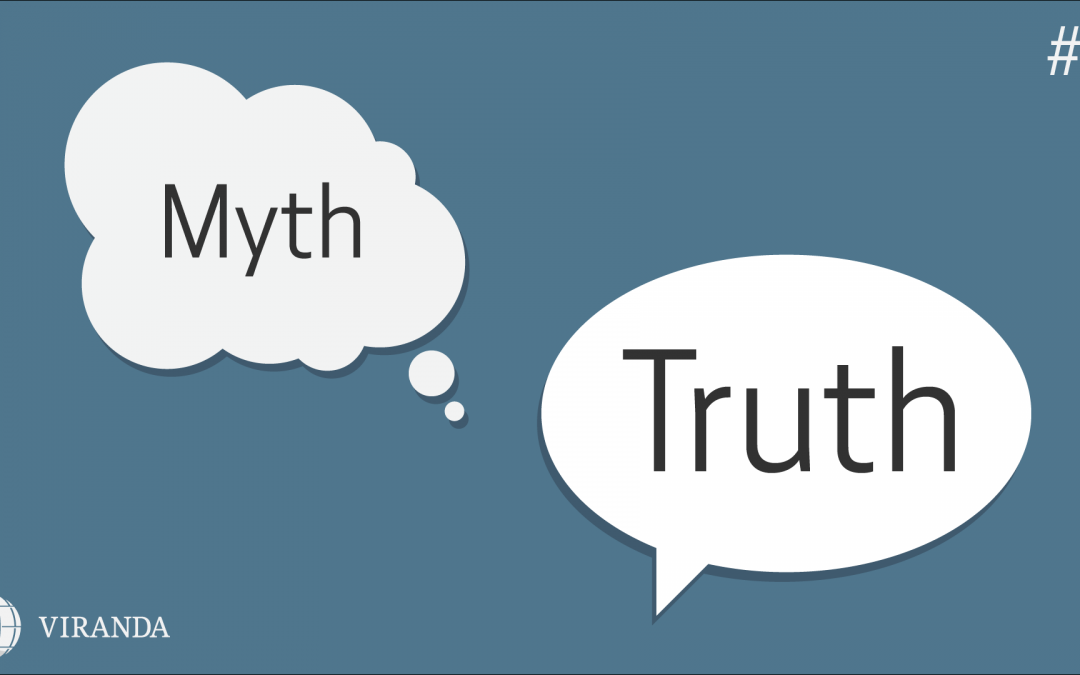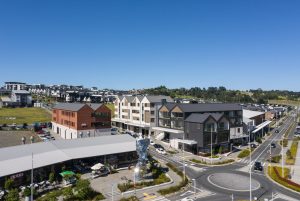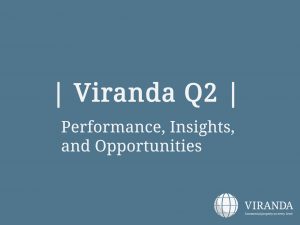We start with the idea that investing in commercial property is costly.
It’s a yes and no answer here! YES because acquiring a commercial property can require more capital up front than a residential rental, so it’s perceived as more difficult to get your foot in the door. But NO, because with the right property, the gains in revenue will outweigh the gains in costs.
Regardless, Kiwis have a long-standing passion for building wealth through property investment. Typically residential real estate is where ‘ma & pa’ investors have felt most confident. But even in the wake of Covid-19, there has been a strong surge in new investors considering the merits of commercial property.
So if commercial property is costly or out of financial reach, what’s driving this activity?
Certainly low interest rates are making debt servicing more manageable, but there are other factors at play, especially when you consider:
- Commercial property generally has a larger earning potential than residential property (e.g. cashflow).
- Typically, commercial property guarantees better returns than residential, with recent figures suggesting a yield of about 4 to 6 percent in Auckland. Compare that to residential yields (in the same locations) and you’d be lucky to find a rental yield of more than 3 percent.
- Unlike residential, commercial returns are bolstered by the fact that tenants pay for most of the operating expenses, such as rates and insurances.
- Commercial property income is stable, with lease agreements more robust than residential (where tenants only sign up for 6-12 months). With commercial property, your lease is generally negotiated for terms of 3 to 10 years, with rent reviews built into the agreement, and you also have a business as a tenant.
- Commercial property rent can be regularly reviewed (usually on an annual basis). Whereas the latest government changes for residential has shrunk the opportunities to increase rents.
- Commercial landlords are typically looking at 4 to 6 percent return after expenses, compared to their residential friends who are doing well to achieve 3 percent before expenses.
If you would like to find out more about the potential costs and benefits of commercial property ownership, we would be delighted to assist. Since 1986, we have been helping clients build wealth and financial freedom through this exciting industry. Sharing life’s ups & downs and riding out all market conditions, it can be a very rewarding journey – so let’s talk soon!






